Dr Michael Fossel comments on the recent Bioviva announcement of the first human gene therapy against aging.
The other day, a friend of mine, Liz Parrish, the CEO and founder of BioViva, made quite a splash when she injected herself with a viral vector containing genes for both telomerase and FST. Those in favor of what Liz did applaud her for her courage and her ability to move quickly and effectively in a landscape where red tape and regulatory concerns have – in the minds of some – impeded innovation and medical care. Those opposed to what Liz did have criticized her for moving too rapidly without sufficient concern for safety, ethics, or (from some critics) scientific rationale.
Many people have asked me to comment, both as an individual and as the founder of Telocyte. This occurs for two reasons. For one thing, I was the first person to ever advocate the use of telomerase as a clinical intervention, in discussions, in published journal articles, and in published books. My original JAMA articles (1997 and 1998), my first book on the topic (1996), and my textbook (2004) all clearly explained both the rational of and the implications for using telomerase as a therapeutic intervention to treat age-related disease. For another thing, Liz knew that our biotech firm, Telocyte, intends to do almost the same thing, but with a few crucial differences: we will only be using telomerase (hTERT) and we intend to pursue human trials that have FDA clearance, have full IRB agreement, and meet GMP (“Good Medical Production”) standards.
We cannot help but applaud Liz’s courage in using herself as a subject, a procedure with a long (and occasionally checkered) history in medical science. Using herself as the subject undercuts much of the ethical criticism that would be more pointed if she used other patients. Like many others, we also fully understand the urgent need for more effective therapeutic interventions: patients are not only suffering, but dying as we try to move ahead. In the case of Alzheimer’s disease, for example (our primary therapeutic target at Telocyte), there are NO currently effective therapies, a history of universal failure in human trials for experimental therapies, and an enormous population of patients who are currently losing their souls and their lives to this disease. A slow, measured approach to finding a cure is scarcely welcome in such a context.
Read more

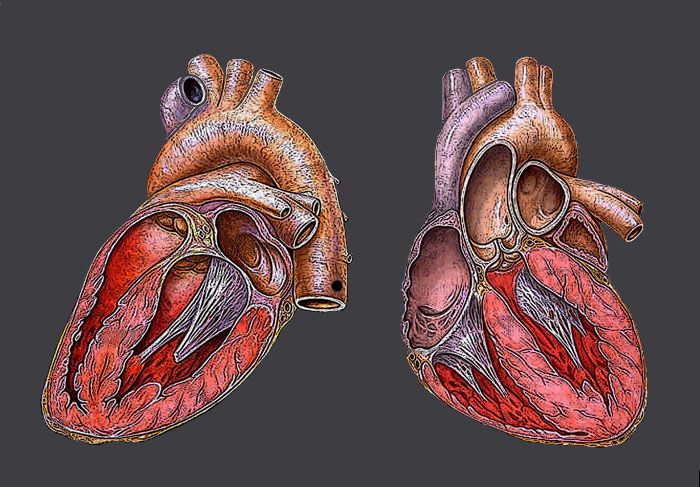
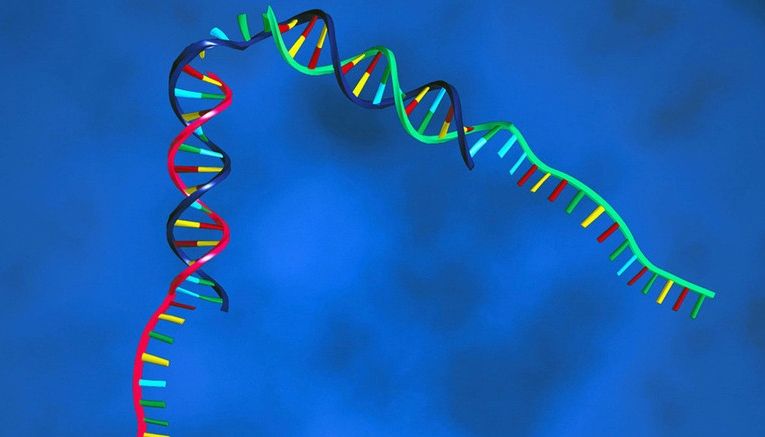

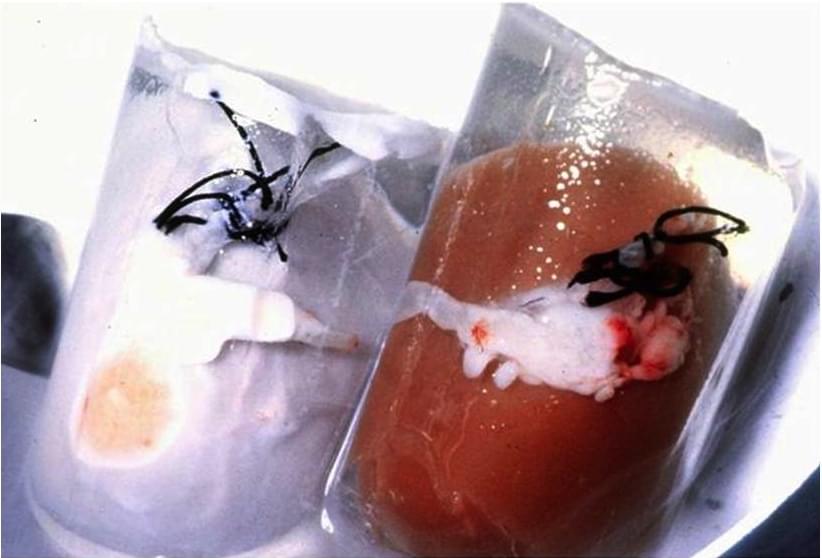
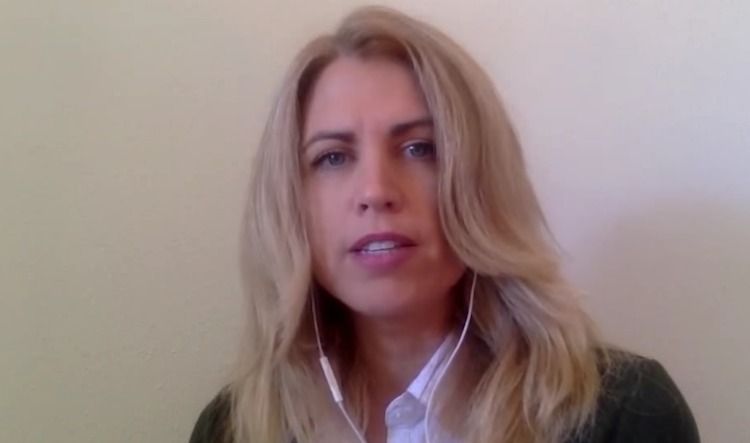

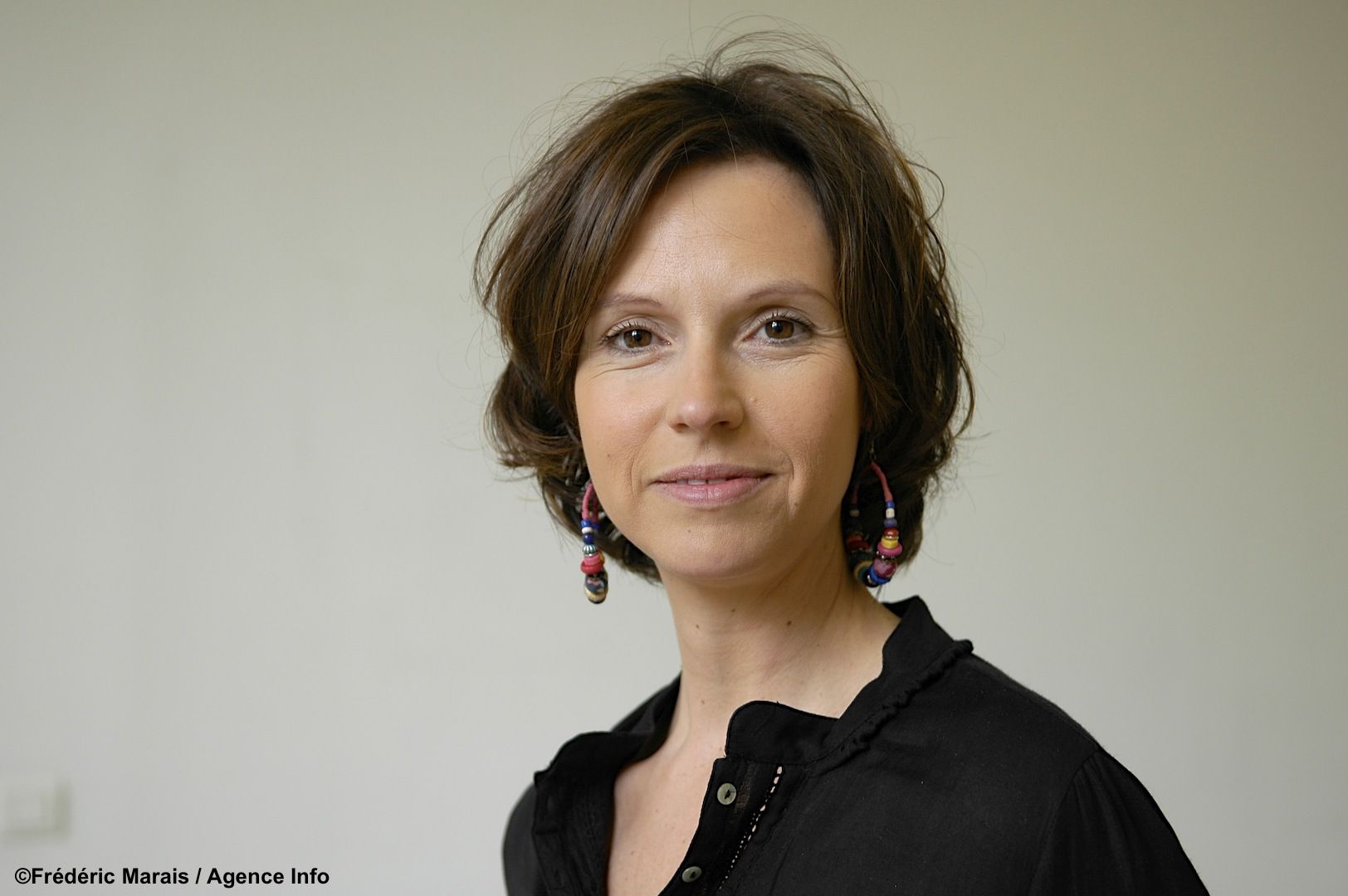
 Listen/View
Listen/View






